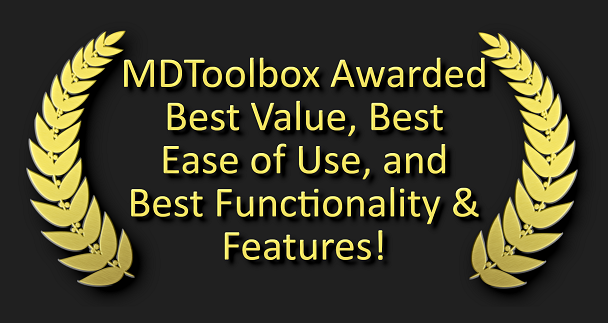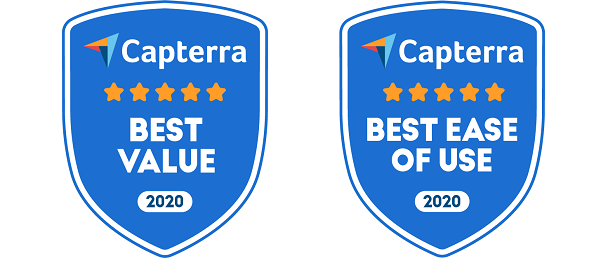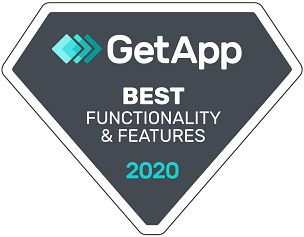
MDToolbox is proud to announce that we have recently won three awards for our electronic prescribing platform!
Capterra, a free online service that helps organizations find the right software, has awarded MDToolbox both their “Best Value” and “Best Ease of Use” awards for 2020. These were independently assessed based on user reviews and online search activity amongst the electronic prescribing software market. The awards are only given to software companies whose products reach an average review rating score greater than 4.5 across all of the products’ published reviews within the submission period.

In our Capterra reviews, Valori C. stated “…there are not enough superlatives to describe this product and its affordability.” MDToolbox is extremely proud to be recognized for Best Value for electronic prescribing, as we concentrate on providing the most affordable option on the market without sacrificing features or generating secondary income off our users by including ads or selling their patient data. With MDToolbox, our focus is solely on providing software that healthcare providers can rely on, so they can focus on what really matters – patient care.
Ease of Use is something difficult to achieve considering the myriad of regulations that come with electronic prescribing. MDToolbox engineers are constantly striving to lessen the learning curve for electronic prescribing. Noreene R. said “I was able to figure out how to use it on my own when my secretary was out for a week. The ease of operation is really impressive and there are so few steps to complete the transaction. We are very happy that we chose this system.”
However, if that learning curve is still too steep for some users, MDToolbox prides itself on having some of the best customer support in the market with average hold-times of under 30 seconds. Our support staff are happy to assist our users better utilize the system to make their medical practice as efficient as possible.
GetApp, a sister site of Capterra that also focuses on helping professionals find the right software, has awarded MDToolbox their “Best Functionality and Features” award for 2020. GetApp calculated scores for their award based on user reviews and product features evaluated by a research analyst.

Julie B. wrote “The ease of use is the most important thing that I liked about the software. Also the feature of notifying the pharmacy of discontinuing the medication. That is a feature I did not have on the other software I used. I can also track the medication from escribing through to the pharmacy's acceptance which is great.”
MDToolbox has remained a frontrunner for adopting new features and certifying to industry standards. MDToolbox staff are driven to provide as many useful features as possible while our engineers are ensuring the stable functionality that is imperative to the modern medical practice. State Prescription drug Monitoring Program (PMP) integration, real-time prescription benefit information, compounded-drug prescribing, and drug interaction alerts are just some of the included advanced features that make MDToolbox stand out as a superior electronic prescribing system.
We’re thankful to all of our users who’ve left us such great reviews and aim to continue providing the best e-prescribing software we can. Please see Capterra for our full reviews and if you’re ready to check out our award-winning software yourself, make sure to sign up for our free 30 day trial!
The Best badge recipients are determined by the subjective opinions of individual end-user customers based on their own experiences, the number and timing of published reviews on Gartner’s digital sites (Capterra.com, SoftwareAdvice.com, and GetApp.com) and review ratings for a given product in the category, and are not intended in any way to represent the views of Gartner or its affiliates.